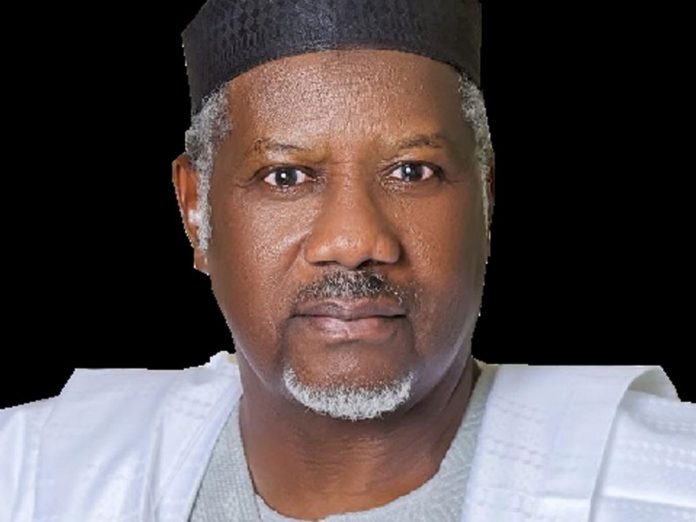President of the Manufacturers Association of Nigeria (MAN), Mr Mansur Ahmed, has advised manufacturers in the country to look inwards.
Ahmed who was speaking in light of trade restrictions in some of Nigeria’s trading partners due to the COVID-19 pandemic, said with the disruption in the supply chain, manufacturers now have to look inwards for sourcing of raw materials.
He added: “Initially there was a restriction from India for pharmaceutical raw materials but they have relaxed that now. Now every manufacturer has to think through and find ways they can remain afloat.
“We also need to be looking for locally made raw materials to see if we can source those materials locally because there a lot of materials that can be substituted,” he said.
The Head of Consulting at Agusto Consulting Limited, Mr. Jimi Ogbobine, identified one of the core issues that has come to the fore due to the pandemic as the structure of global supply chains.
He said: “Prior to the pandemic, China served as the global manufacturing hub, with 40 per cent of the world’s manufacturing output. However, the pandemic exposed the underlying issues with this concentration risk. The lockdowns and restrictions on foreign travel imply that the pace of globalisation will be slowed down over the next 12 to 18 months.
“Thus, there are underlying risks with undue dependence on Chinese supply chains. The Chinese supply chains offer the competitive advantage of low cost and high efficiency. This model has been successfully replicated by mainly south east Asian countries like Thailand and Vietnam but not on the scale of China.
“We believe the distortions to global supply chains portend risks and opportunities for Nigeria. Will Nigerian companies see this as a chance to increase investments in local backward linkages, or will it be a time to diversify from China to other countries? We recognise it will be difficult to compete with the Chinese on cost and efficiency but also believe that management must give consideration to these thoughts at this time. “
On his part, the Managing Director, Sthenic Finance and Advisory, Mr. Adebayo Durodola, said commerce and business activities in China and India had affected revenues of retail and manufacturing businesses.
He said: “There has been a drastic drop in the topline of companies especially companies that depend on retail customers. Also, this period will see a depletion of inventories. Even though the federal government has kept the ports open, we are still looking at a situation of increase in cost of goods sold because transportation cost has increased. In essence, business that depends on imports will be struggling with decline in revenue and increased in cost of goods sold.
“India and China contribute to critical sector of our economy such as power, pharmaceutical, hydrocarbon, solar energy, agriculture among others. If there is political instability in those countries, it will have a systemic effect on our GDP because we are dependent on those countries, especially in critical sectors.”


